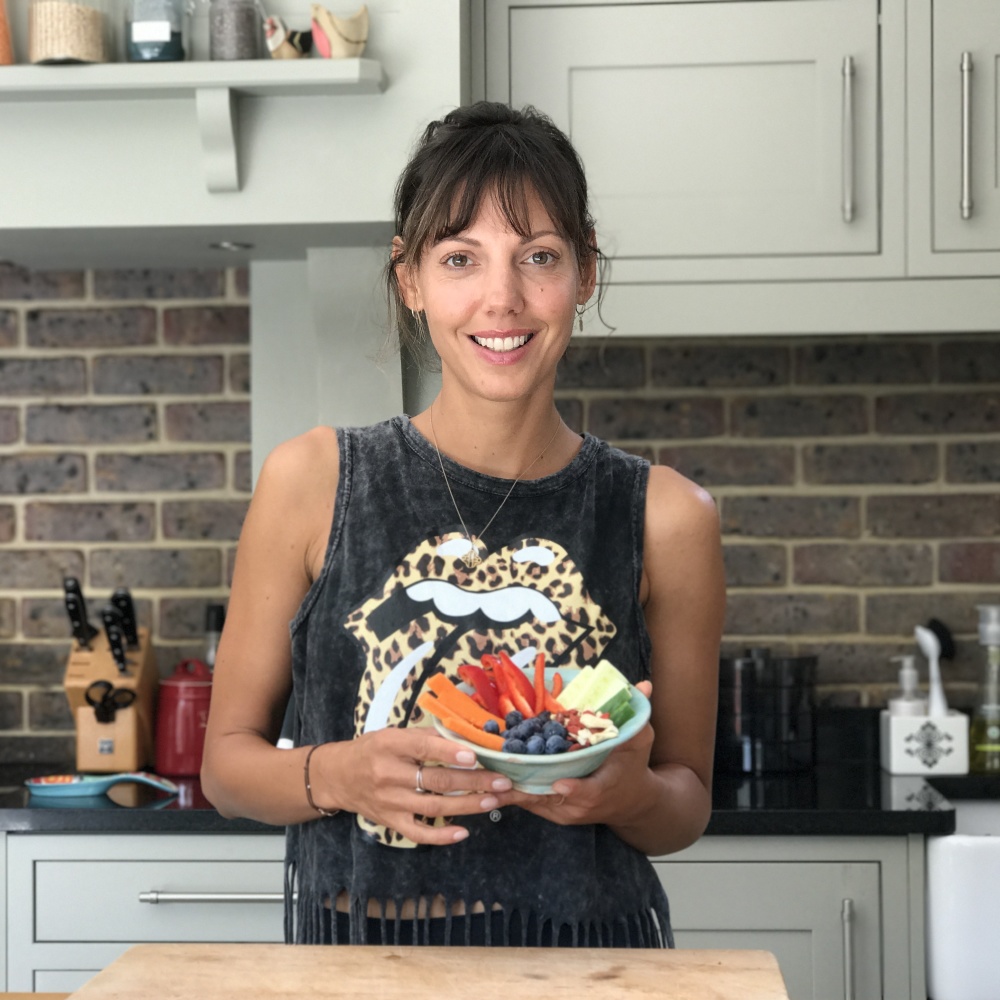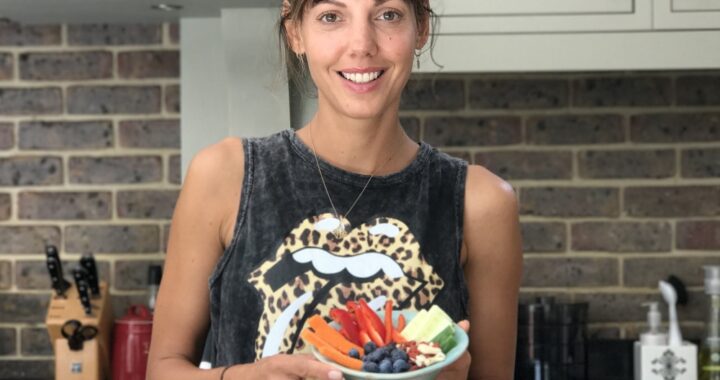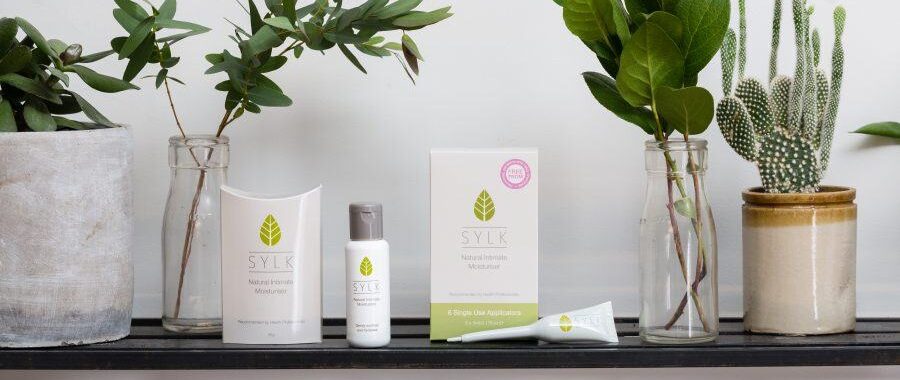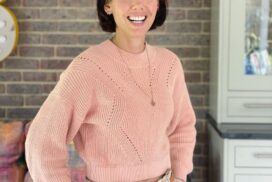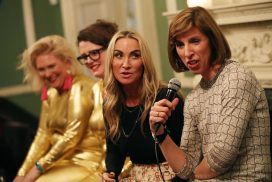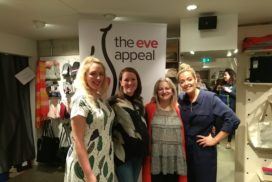After a breast cancer diagnosis at 33, the subsequent treatments including oophorectomy, put Dani Binnington into a premature surgical menopause, aged just 40. Here she shares her insights to life after cancer, and finding a way forward to living a healthy, full life.
A good life is a life of ALL things.
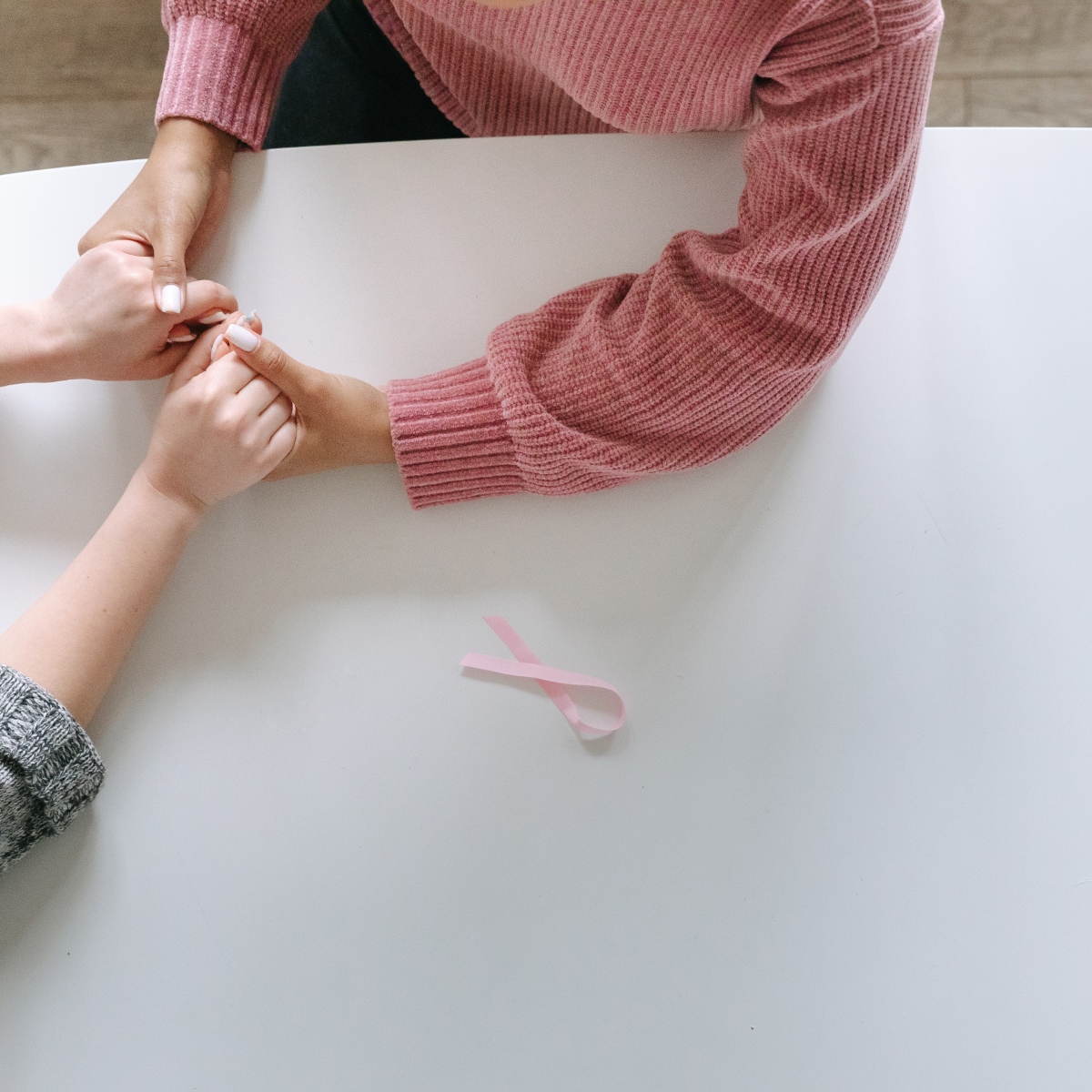 It’s overwhelming sadness and bundles of joy, it’s pain and ease, it’s love and hate. It’s just noticing that many of these emotions can co-exist too. Its confusing at times. It’s ok to feel sad, upset, angry or scared. For so long I wanted to push these feelings aside. I wanted to “be positive” at all times. Learning to accept that all emotions are equal is a big challenge, bit it’s worth a try. Besides, toxic positivity is a real thing too.
It’s overwhelming sadness and bundles of joy, it’s pain and ease, it’s love and hate. It’s just noticing that many of these emotions can co-exist too. Its confusing at times. It’s ok to feel sad, upset, angry or scared. For so long I wanted to push these feelings aside. I wanted to “be positive” at all times. Learning to accept that all emotions are equal is a big challenge, bit it’s worth a try. Besides, toxic positivity is a real thing too.
Life is uncertain and that is the only certainty we’ve got. Until diagnosis I thought I could control most aspects of my life. But many things ‘happen to us’ which we have no choice over. We can however play a part in how we react to those circumstances. It’s work in progress for me.
Don’t postpone. There is seldom the perfect timing for anything. Starting a family, a new business, saying sorry or I love you. You’ll always find reasons to do it ‘later’. Stop the later or tomorrow way of thinking and start making plans today. Today is all we’ve got. Try things, go for it, live, laugh. For so long I was so fearful that my cancer might come back that I forgot to live the life I so desperately wanted to hold onto.
Choose who and what you allow to be close to you
It’s OK to say no! Everything in our lives can be harmful to our bodies and minds, whether it’s the people we surround ourselves with, the media we consume, or the products we use. So it’s important to be picky, and that can look like cutting toxic relationships out of your life, or taking more of an interest in the products you use on your skin. Menopause can cause further changes to our bodies, which are already struggling to heal after cancer. Give your body the best chance to heal and thrive- think plant-based, natural, nourishing. Become active. Take control. Take charge of your own journey, illness, wellbeing, career, whatever it is. Do your own research, learn about risk, ask the right people the right questions, think outside the box and come up with your very own action plan.
Speak up. Be honest. Cut the crap. This was a tough lesson for me to learn. I was so desperately trying to keep it all together, to show the world that I am thriving through my cancer treatment. But it’s pointless and raises the bar unrealistically high for anyone going through a similar situation. It’s ok to say that life is rubbish at times or incredibly sad or challenging. Healing is never linear. There is no time line assigned to how long healing and recovery takes, to what that journey looks like. Sometimes it’s feeling much better for a while and then suddenly taking a few steps back again. It’s a rollercoaster, up and down and the messiness of it is normal too.
And most importantly: You do you.
